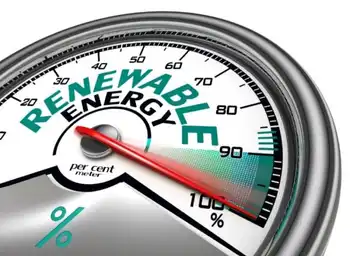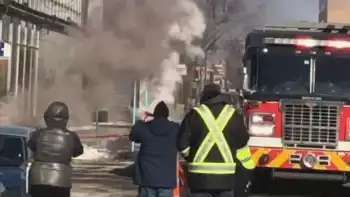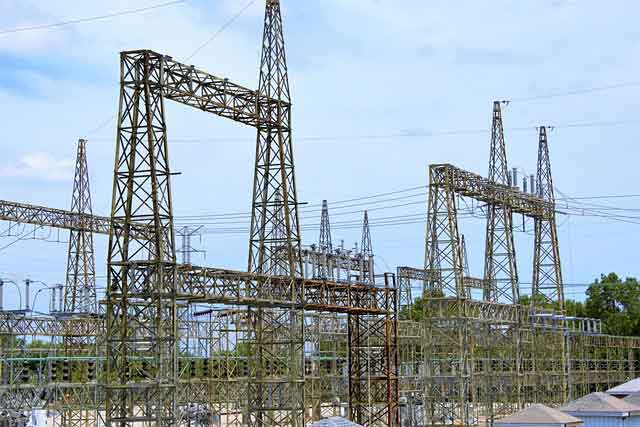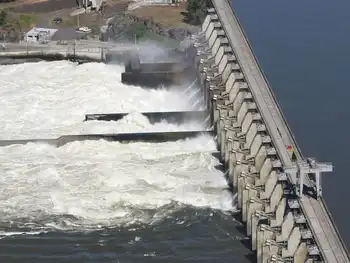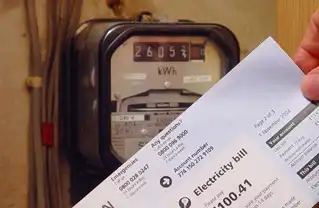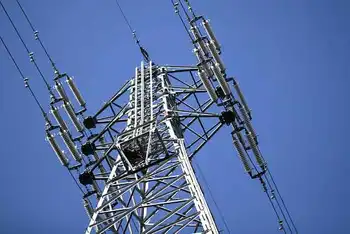Russia Builds Power Lines to Reactivate Zaporizhzhia Plant
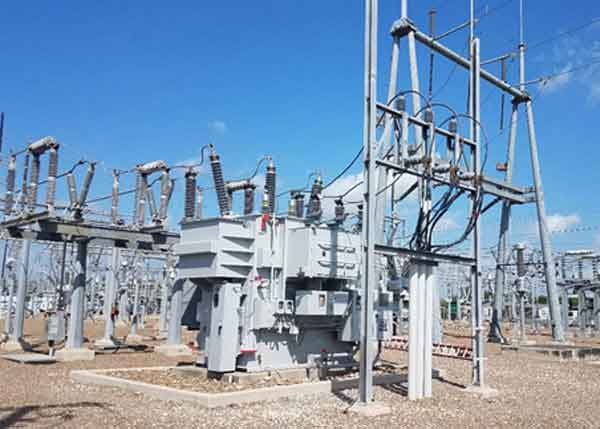
Protective Relay Training - Basic
Our customized live online or in‑person group training can be delivered to your staff at your location.

- Live Online
- 12 hours Instructor-led
- Group Training Available
Zaporizhzhia Nuclear Plant Restart signals new high-voltage transmission lines to Mariupol, Rosatom grid integration, and IAEA-monitored safety amid occupied territory risks, cooling system shortfalls after the Kakhovka dam collapse, and disputed international law.
Key Points
A Russian plan to reconnect and possibly restart ZNPP via power lines, despite IAEA safety, cooling, and legal risks.
✅ 80 km high-voltage link toward Mariupol confirmed by imagery
✅ IAEA warns of safety risks and militarization at the site
✅ Cooling capacity limited after Kakhovka dam destruction
Russia is actively constructing new power lines to facilitate the restart of the Zaporizhzhia Nuclear Power Plant (ZNPP), Europe's largest nuclear facility, which it seized from Ukraine in 2022. Satellite imagery analyzed by Greenpeace indicates the construction of approximately 80 kilometers (50 miles) of high-voltage transmission lines and pylons connecting the plant to the Russian-controlled port city of Mariupol. This development marks the first tangible evidence of Russia's plan to reintegrate the plant into its energy infrastructure.
Strategic Importance of Zaporizhzhia Nuclear Power Plant
The ZNPP, located on the eastern bank of the Dnipro River in Enerhodar, was a significant asset in Ukraine's energy sector before its occupation. Prior to the war, the plant was connected to Ukraine's national grid, which later saw resumed electricity exports, via four 750-kilovolt lines, two of which passed through Ukrainian-controlled territory and two through areas under Russian control. The ongoing conflict has damaged these lines, complicating efforts to restore the plant's operations.
In March 2022, Russian forces captured the plant, and by 2023, all six of its reactors had been shut down. Despite this, Russian authorities have expressed intentions to restart the facility. Rosatom, Russia's state nuclear corporation, has identified replacing the power grid as one of the critical steps necessary for resuming operations, even as Ukraine pursues more resilient wind power to bolster its energy mix.
Environmental and Safety Concerns
The construction of new power lines and the potential restart of the ZNPP have raised significant environmental and safety concerns, as the IAEA has warned of nuclear risks from grid attacks in recent assessments. Greenpeace has reported that the plant's cooling system has been compromised due to the destruction of the Kakhovka Reservoir dam in 2023, which previously supplied cooling water to the plant. Currently, the plant relies on wells for cooling, which are insufficient for full-scale operations.
Additionally, the International Atomic Energy Agency (IAEA) has expressed concerns about the militarization of the plant. Reports indicate that Russian forces have established defensive positions and trenches around the facility, with mines found at ZNPP by UN inspectors, raising the risk of accidents and complicating efforts to ensure the plant's safety.
International Reactions and Legal Implications
Ukraine and the international community have condemned Russia's actions as violations of international law and Ukrainian sovereignty. Ukrainian officials have argued that the construction of power lines and the potential restart of the ZNPP constitute illegal activities in occupied territory. The IAEA has called for a ceasefire to allow for necessary safety improvements and to facilitate inspections of the plant, as a possible agreement on power plant attacks could underpin de-escalation efforts.
The United States has also expressed concerns, with President Donald Trump reportedly proposing the inclusion of the ZNPP in peace negotiations, which sparked controversy among Ukrainian and international observers, even suggesting the possibility of transferring control to American companies. However, Russia has rejected such proposals, reaffirming its intention to maintain control over the facility.
The construction of new power lines to the Zaporizhzhia Nuclear Power Plant signifies Russia's commitment to reintegrating the facility into its energy infrastructure. However, this move raises significant environmental, safety, and legal concerns, and a proposal to control Ukraine's nuclear plants remains controversial among stakeholders. The international community continues to monitor the situation closely, urging for adherence to international laws and standards to prevent potential nuclear risks.





